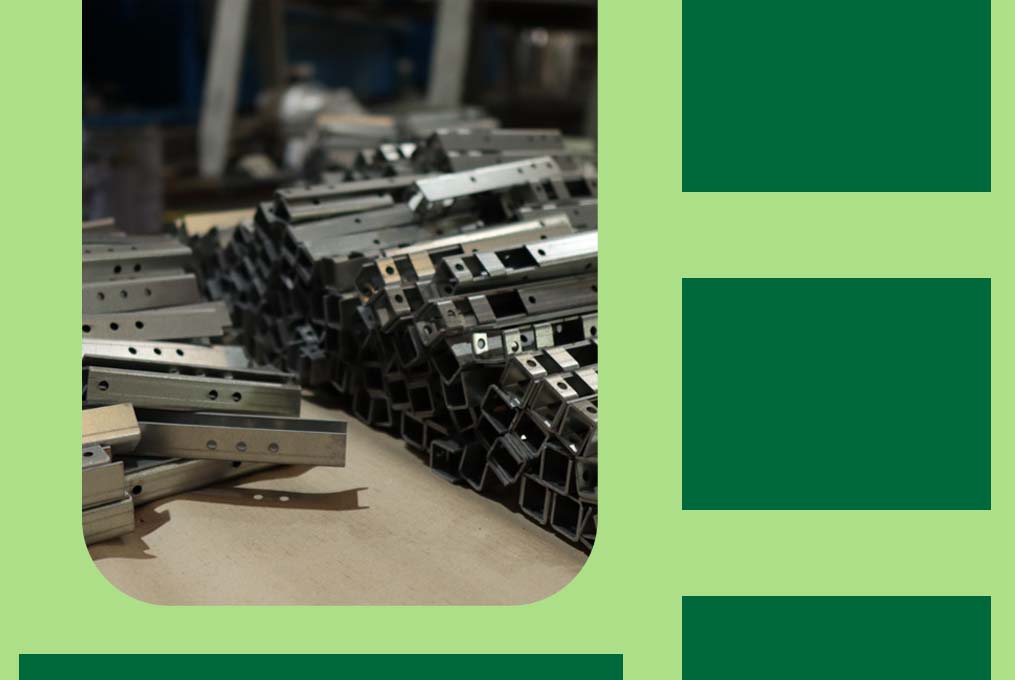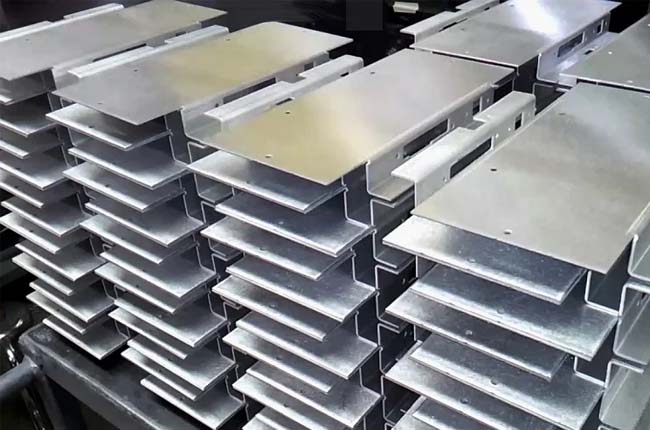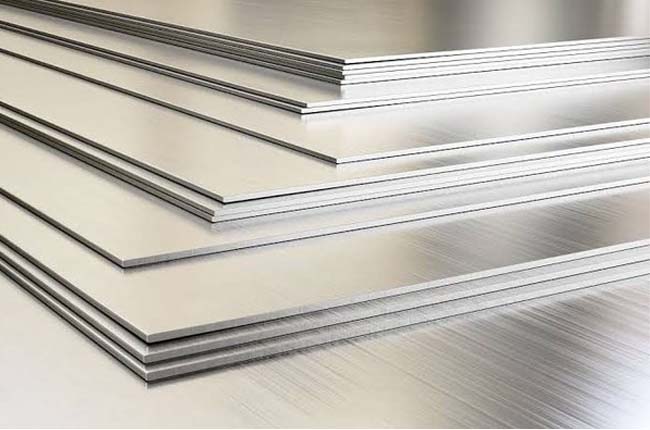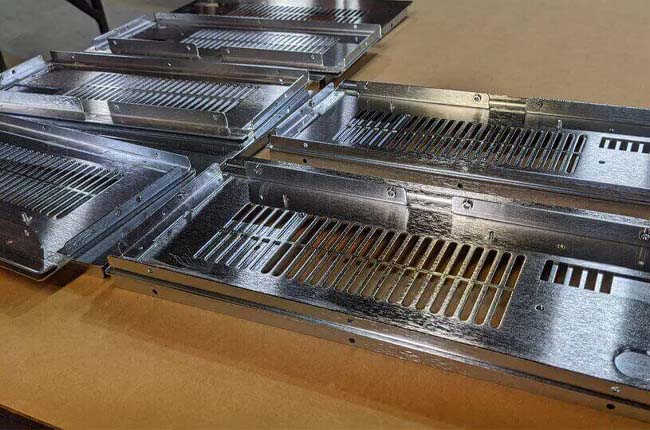Choosing the Right Sheet Metal for Your Fabrication Project: A Comprehensive Guide

When it comes to fabrication, choosing the right sheet metal is crucial. Different projects require different materials and selecting the wrong one can led to issues like corrosion, structural weakness, or even failure of the finished product. In this blog, we'll walk you through everything you need to know to make the best choice for your fabrication project.
Understand Your Project Requirements

Before you can choose the right sheet metal, you need to understand the specific requirements of your project.
Consider factors such as:
Functionality: What is the intended use of the fabricated product?
Environment: Will the product be exposed to harsh weather conditions or corrosive environments?
Budget: What is your budget for materials?
Aesthetic: Are there any specific aesthetic requirements for the finished product?
Different Types of Sheet Metal
Sheet metal comes in various types, each with its own unique properties. Some common types include:
Steel: Durable and versatile, steel is often used in a wide range of fabrication projects.
Aluminum: Lightweight and corrosion-resistant, aluminum is ideal for projects requiring a high strength-to-weight ratio.
Stainless Steel: Known for its resistance to corrosion and staining, stainless steel is suitable for projects in harsh environments.
Copper: With excellent electrical conductivity and a distinctive appearance, copper is often used in electrical and decorative applications.
Consider Material Thickness

The thickness of the sheet metal you choose will depend on the requirements of your project. Thicker materials offer increased strength but may be more difficult to work with. Consider:
Gauge: Sheet metal thickness is often measured in gauge, with lower gauge numbers indicating thicker sheets.
Application: Choose the appropriate thickness based on the structural requirements of your project.
Surface Finish Options
The surface finish of the sheet metal can affect both aesthetics and functionality. Common surface finishes include:
Mill Finish: The raw surface of the metal, suitable for applications where appearance is not a primary concern.
Polished Finish: Provides a smooth, reflective surface, often used for decorative applications.
Powder Coating: Adds a layer of protection and color to the surface, ideal for outdoor or highly visible projects.
Corrosion Resistance

Depending on the environment in which your fabricated product will be used, corrosion resistance may be a critical factor. Consider:
Galvanized Steel: Coated with a layer of zinc for added corrosion resistance, suitable for outdoor applications.
Aluminum: Naturally corrosion-resistant, making it ideal for projects in humid or coastal environments.
Stainless Steel: Highly resistant to corrosion, making it suitable for harsh environments or applications requiring hygiene.
Cost Considerations
The cost of sheet metal can vary significantly depending on the type, thickness, and finish. Consider:
Material Cost: Different types of sheet metal come at different price points.
Processing Cost: Thicker or more complex materials may require additional processing, increasing the overall cost.
Conclusion
Choosing the right sheet metal for your fabrication project is essential for achieving the desired results. By understanding your project requirements, considering factors such as material type, thickness, surface finish, corrosion resistance, and cost, you can make an informed decision that ensures the success of your project.
Take the time to research and consult with experts if needed to ensure you select the best sheet metal for your specific application.